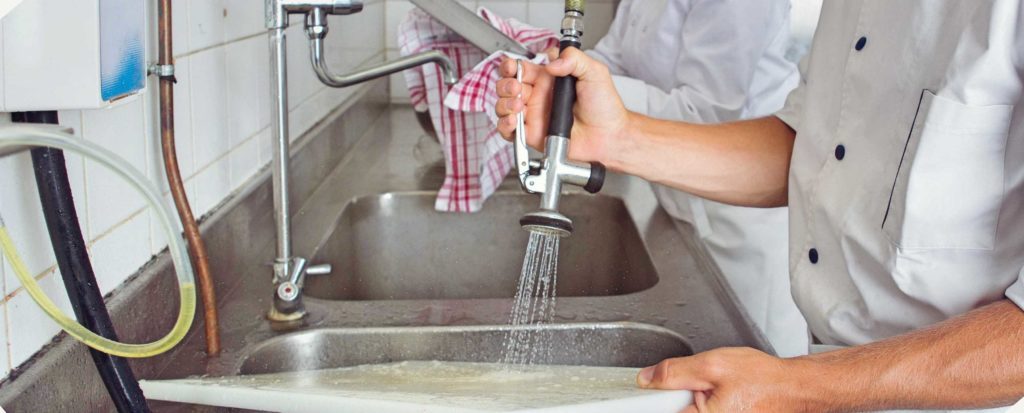Texas Town Modifies In-Ground Grease Trap Sizing Requirements
The process of opening a restaurant is often a lengthy and expensive process with numerous requirements. One of these rules will be relaxed soon for smaller restaurants that are considering Sherman Texas as a potential location.
The City Council overwhelmingly approved to alter and amend the City’s wastewater policy as well as their grease trap sizing standards for smaller commercial kitchen operators.
Smaller restaurants, including many in downtown, will be able to adopt alternatives to the typical in-ground grease trap to keep fats and oils out of the sewage system as a result of these adjustments.
“Our original grease trap sizing legislation was practically a one-size-fits-all,” the Assistant City Manager said. “So they’re recommending that this code be amended to accommodate food trucks and other small businesses that don’t need those massive grease traps that go into the ground, but instead go under the sink.”
An in-ground grease trap can be one of the most expensive aspects of opening a new restaurant. In order to preserve and store the fats, oils and grease from cooking, these in-ground grease traps can require extensive renovations. Some restaurants may not require a large-scale grease trap for their menu if they do not fry food or cook with oil-rich items.
“We’ve heard for years that the city’s current grease trap rules were rigid and excessively onerous, so we had our water treatment professionals look at the code and modify it,” the Community and Support Services Manager said.
The current constraints have caused some businesses to reconsider their intentions to locate in Sherman. The downtown sector, in particular, has been struck the hardest by these requirements, as existing building footprints and limited space frequently offer little room for a large in-ground grease trap installation.
“These large grease traps normally have to reside underground, which is not easy when building infill development like downtown,” the Community and Support Services Manager explained.
Previously, smaller commercial kitchen operators would have to request an exception. This new grease trap sizing amendment, on the other hand, now gives them the right to use the smaller grease trap systems.
The modification to the ordinance outlined definitions for food trucks and added them to the smaller-user category, in addition to permitting smaller commercial kitchen operators to utilize under-sink grease traps.
A council member inquired as to how staff would identify who required an in-ground grease trap. According to the Wastewater Superintendent, it would mostly depend on the menu and the type of culinary establishment.
As City Staff discovers changes through regular visits and building permit requests, these standards may be amended over time.
If you’d like to keep food debris from clogging your smaller grease trap so you won’t need to have it pumped out as often, consider installing The Drain Strainer.
Invented by a former restaurant owner, The Drain Strainer captures food solids that normally clog your pipes and grease trap, while still allowing your sinks to drain quickly.

